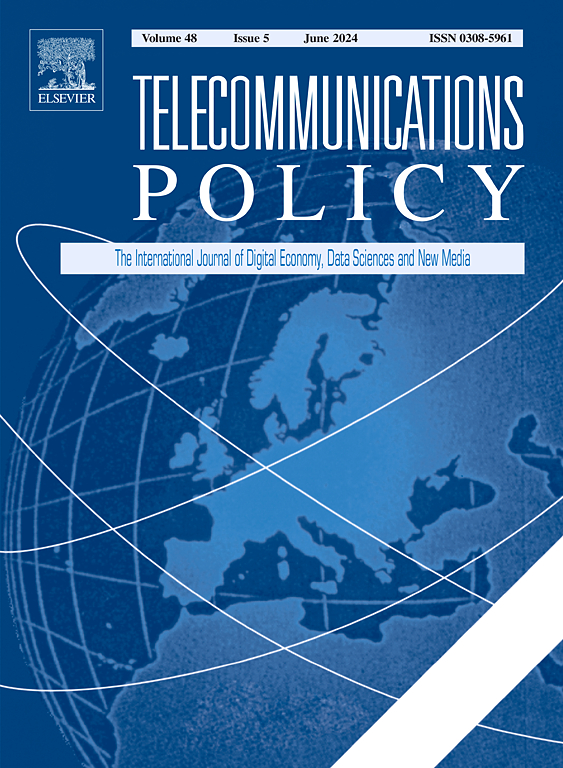计划报废和智能手机更换:意大利市场的经验证据
IF 6.4
2区 管理学
Q1 COMMUNICATION
引用次数: 0
摘要
在一个技术快速变革的时代,“计划性淘汰”极大地影响了消费者的行为,尤其是在智能手机行业。本研究使用来自意大利消费者的原始调查数据,考察了材料、功能、心理和经济方面的过时对智能手机寿命的影响。虽然材料仍然具有相关性,但在新一代智能手机中,它的影响力正在减弱,与软件相关的限制和可修复性变得更加突出。功能过时与设备寿命呈正相关,因为许多用户容忍性能问题,特别是那些高技术参与度的用户。相比之下,心理和经济上的过时仍然是早期更换的强大驱动力。消费者的态度与不同类型的过时相互作用:技术参与度较高的用户更能容忍材料和功能的下降,而倾向于维修的消费者则不太可能因为材料磨损而更换设备。此外,随着时间的推移,更换行为也在发生变化:对于较旧的智能手机,二手手机的使用寿命明显缩短,而对于较新的设备,用户行为、品牌认知和维修态度发挥着更有影响力的作用——这突显出消费者对可持续性和功能的意识日益增强。这些发现为决策者和制造商提供了见解,强调了可持续商业实践和强有力的监管框架的必要性,以抵消计划报废,并在具有环保意识的市场中推广更持久的产品。本文章由计算机程序翻译,如有差异,请以英文原文为准。
Planned obsolescence and smartphone replacement: Empirical evidence on the Italian market
In an era of rapid technological change, planned obsolescence has significantly shaped consumer behaviour, especially in the smartphone industry. This study examines how material, functional, psychological, and economic obsolescence affect smartphone lifespans, using original survey data from Italian consumers. While material remains relevant, its influence diminishes in newer smartphone generations, where software-related limitations and repairability gain prominence. Functional obsolescence is positively associated with device longevity, as many users tolerate performance issues, particularly those with high technological engagement. By contrast, psychological and economic obsolescence remain strong drivers of early replacement. Consumer attitudes interact with different types of obsolescence: users with higher technological engagement are more tolerant of material and functional decline, while pro-repair consumers are less likely to replace devices due to material wear. Furthermore, there is a shift in replacement behaviour over time: for older smartphones, being second-hand significantly shortens lifespan, whereas for newer devices, user behaviour, brand perceptions, and repair attitudes play a more influential role—highlighting a growing consumer awareness around sustainability and functionality. These findings provide insights for both policymakers and manufacturers, highlighting the need for sustainable business practices and robust regulatory frameworks to counteract planned obsolescence and promote longer-lasting products in an environmentally conscious market.
求助全文
通过发布文献求助,成功后即可免费获取论文全文。
去求助
来源期刊

Telecommunications Policy
工程技术-电信学
CiteScore
10.80
自引率
12.50%
发文量
122
审稿时长
38 days
期刊介绍:
Telecommunications Policy is concerned with the impact of digitalization in the economy and society. The journal is multidisciplinary, encompassing conceptual, theoretical and empirical studies, quantitative as well as qualitative. The scope includes policy, regulation, and governance; big data, artificial intelligence and data science; new and traditional sectors encompassing new media and the platform economy; management, entrepreneurship, innovation and use. Contributions may explore these topics at national, regional and international levels, including issues confronting both developed and developing countries. The papers accepted by the journal meet high standards of analytical rigor and policy relevance.
 求助内容:
求助内容: 应助结果提醒方式:
应助结果提醒方式:


